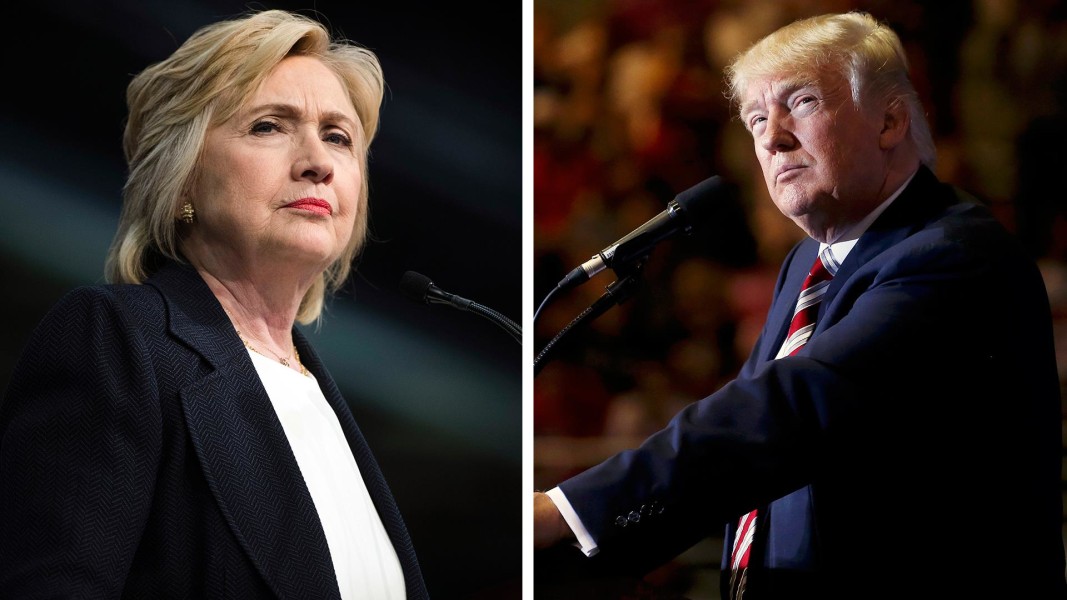WASHINGTON, Nov. 6 (Xinhua) -- In a contest with more twists and turns than a serpent, the two U.S. presidential candidates are running neck-in-neck as they head toward the finish line.
While just a few weeks ago Democratic nominee Hillary Clinton led her Republican rival Donald Trump by a healthy 7-point margin, the brash billionaire has surged forward in recent days, after the Federal Bureau of Investigation (FBI) announced it would re-open an investigation into alleged wrongdoings by Clinton.
While he is still trailing Clinton, the outspoken Trump is catching up fast. As of Sunday, Trump was behind Clinton by a mere 1.4 points in the Real Clear Politics average of polls, which is within the margin of error.
The 2016 race to the White House is highly unusual, as both candidates are deeply disliked by much of the public, having what political scientists call "high negative rates."
Clinton is highly distrusted in polls and viewed as dishonest, in light of myriad scandals and accusations of corruption over her years in politics. Trump is viewed by many as unpresidential and sexist, for his many over-the-top remarks that critics say make him seem more like a character on reality TV than a serious presidential candidate.
"The FBI disclosure helped Trump unite Republican voters behind his campaign," Darrell West, vice president and director of governance studies of the Brookings Institution, told Xinhua.
Experts said the surprise FBI announcement, which came just two weeks before the elections, may well shore up the Republican vote. While many traditional Republicans were reluctant to vote for the bombastic outsider, they may now rather vote for Trump than to see Clinton clinch the White House.
"The Clinton hatred among these individuals is so strong that the FBI investigation pushed most Republicans into Trump's corner. That has allowed him to narrow the race," West said.
While Clinton is leading, her edge is within the margin of error, which makes this anyone's race to win.
"She still has a slight edge, but the undecided vote still is large enough to keep the campaign competitive. Most of the surveys are within the margin of error, which means it officially is a tossup. Any late swing one way or another will decide the winner," he said.
Dan Mahaffee, an analyst with the Center for the Study of the Presidency and Congress, told Xinhua the tightening race reflects that some Republicans are coming back to support Trump, as well as a natural tightening that would be expected in today's highly partisan atmosphere.
"I don't think this can be read solely as momentum for Trump-rather a mixture of the email scandal and GOP voters that were reluctant about Trump returning to the fold," he said.
But, even as the numbers tighten, Trump is way behind the 2008 and 2012 numbers among key demographics such as college-educated women, college-educated white men, etc. that are a vital part of any winning Republican coalition in an election year, he said.
Christopher Galdieri, assistant professor at Saint Anselm College, told Xinhua that the race is now certainly closer than they were a week or two ago.
"I do think the (FBI's re-opening of the Clinton investigation) helped motivate reluctant Republicans who have reservations about Trump to come back to the party," he said.
"But I also don't know that that wouldn't have happened on its own as the election drew nearer. The stakes of winning or losing the presidency are so high that many Republicans were probably already talking themselves into voting for Trump," he said.
